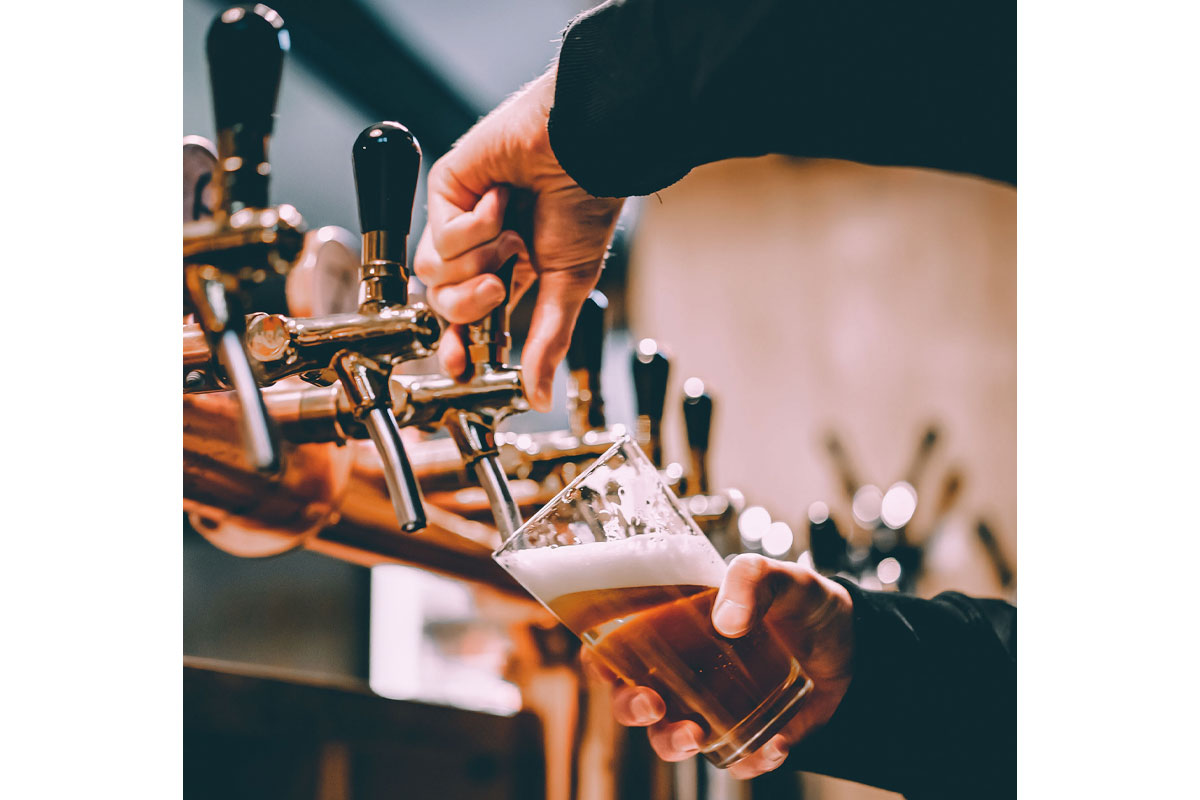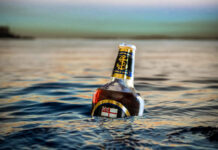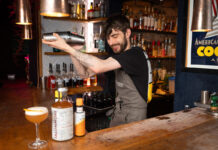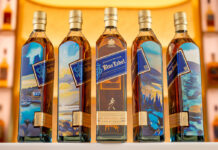
WASTING money is never something businesses aspire to, but as prices climb and disposable income shrinks, wastage is something business owners will be looking to avoid like the plague.
And yet bar and pub operators around Scotland may well be pouring pints down the drain through ineffective cellar management practices or – worse still – scaring customers away with that scourge of social media: the rotten pint.
Energy costs are obviously a huge drain on businesses at the moment and there could be the temptation to turn chillers off overnight.
That, said dispense experts, would be a big mistake.
“By switching off any coolers relating to beer dispense, this will compromise the system and lead to fobbing or flat dispense issues, along with the possibility of premature beer spoilage,” said Mike Brown, trade quality support manager at Belhaven parent company Greene King.
“The wastage created could cancel out or exceed any energy savings, whilst potentially affecting the reputation of the venue.”
Richard Stephens, head of technical services at Heineken, agreed.
He said: “The two things that people do most is they turn the cellar cooling off – the cellar temperature control unit – and they maybe look to turn the remote cooler off.
“So many electrical devices – and particularly those two – are designed to be permanently on. And they’re actually more efficient when they’re permanently on.
“When you think about the temperatures we’re cooling down to, if you turn things off heat builds up really quickly and therefore the time that you’re saving, the amount of energy you actually save versus how much you’re going to use to then get them back up to an operational efficiency is actually a false economy.
“When you then compare that with the fact that you’re then potentially compromising your quality as well, you are potentially impacting your revenue if you are compromising the quality of your beer and cider.”
Licensees were advised to check and record their cellar temperature every day, with a target temperature of between 11 and 13°C.
If it’s consistently outside of that, they said, then it’s time to have your equipment repaired.
And there are steps licensees can take to ensure their coolers aren’t having to work overtime.
Stephens suggested those with bigger cellars could install partition walls inside the space to reduce the amount of air being cooled, or improve insulation to reduce leakage.
Temperature isn’t the only area where an attempt to save money can go badly wrong.
Failure to clean beer lines regularly can cause big problems for beer quality.
“All you’re doing is building up a problem for tomorrow,” said Stephens.
“You’re cutting corners today but you’re creating problems for tomorrow, which ultimately is going to lead to bacterial build-up, yeast build-up; it’s going to impact your product quality.
“That’s probably another area where people are not following recommended procedures, both in the bar and in the cellar.”
Brown at Greene King described regular line cleaning as ‘possibly the most important element of delivering best beer quality to customers’.
Hance McGhie of cleaning supply company Chemisphere summed the whole thing up succinctly when he said: “I had a great pint the other day in a pub. I said to the landlord (he didn’t know my background) ‘this is a great pint’.
“His answer was perfect: ‘do you know why? Because I clean my lines’. “Simple!”
The problems don’t end in the cellar, of course, and specialists warned that mistakes at the bar can also result in wasted beer – and wasted money.
Layla Davis of line cleaning specialist Clear Brew said common problems include staff turning taps on before glasses are fully underneath the font.
It might seem like a small thing, but Davis pointed out that a little bit of wastage everyday can add up to considerable cash throughout the year – potentially even thousands of pounds.
That’s a lot of money to flush down the drain.
Looking after the font itself is also essential for quality.
“Hygiene is essential” she said.
“Use a font brush and soak nozzles nightly, but not in soda water.
“Dirty nozzles can equal poor tasting beer.”
And even if publicans are looking after their cellar, their beer lines and the fonts, there’s still a last opportunity to mess things up: the glass.
Brown at Greene King said a venue’s glasswasher is ‘the piece of equipment at the bar that will have the biggest impact on beer quality’.
“If beer is served in a dirty glass, it will affect visual appearance and retention of the product,” he said.
That was echoed by McGhie at Chemisphere, who said glasswashers ‘need to be kept clean and sanitised’ in order to ensure the best quality pints. So there should be no cost-cutting there either.
Where and how glasses are stored will also have an impact.
“The glass shelf in particular, if not kept clean, will emit odours into the glass, thus affecting the taste,” said McGhie.
Ultimately, whether it’s through wastage or potentially losing customers through poor quality, the experts reckoned that cutting corners is likely to cost more money than it saves.



















